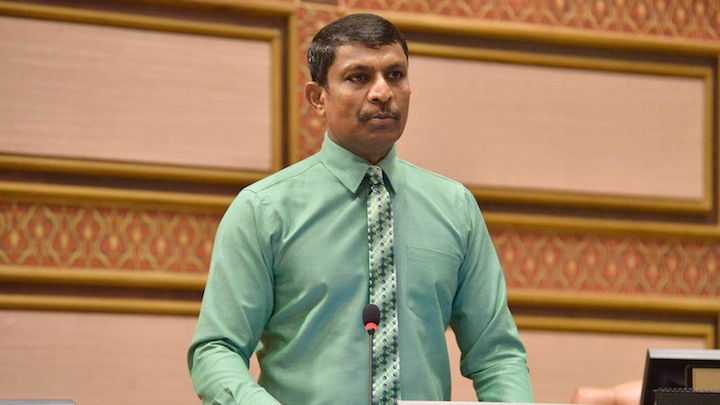Media regulators, anti-graft watchdog drawn into fuel supply row
Media regulators and the anti-corruption commission have launched investigations in the bitter row between ruling party MP Riyaz Rasheed’s fuel supplier and the state ports company.

05 Jan 2017, 09:00
The broadcast regulator has launched an investigation against three TV stations in response to a defamation claim by a ruling party lawmaker, who is embroiled in an acrimonious legal battle with the state ports company.
MP Riyaz Rasheed claimed that his Meridiam Services, contracted by the Maldives Ports Limited to supply fuel, was not given a right of response in media coverage of corruption allegations fielded against it by MPL’s CEO Mohamed Junaid.
The Maldives Broadcasting Commission letter informing Raajje TV, Channel 13 and Sangu TV of the inquiry, has prompted an outcry with senior editors accusing Riyaz of abusing the controversial defamation law.
Riyaz has also lodged with the print and online media regulator a complaint against newspaper Mihaaru, and online outlets Sun and Avas, however, it is not clear if the Maldives Media Council has launched an inquiry.
Become a member
Get full access to our archive and personalise your experience.
Already a member?
Discussion
No comments yet. Be the first to share your thoughts!
No comments yet. Be the first to join the conversation!
Join the Conversation
Sign in to share your thoughts under an alias and take part in the discussion. Independent journalism thrives on open, respectful debate — your voice matters.




